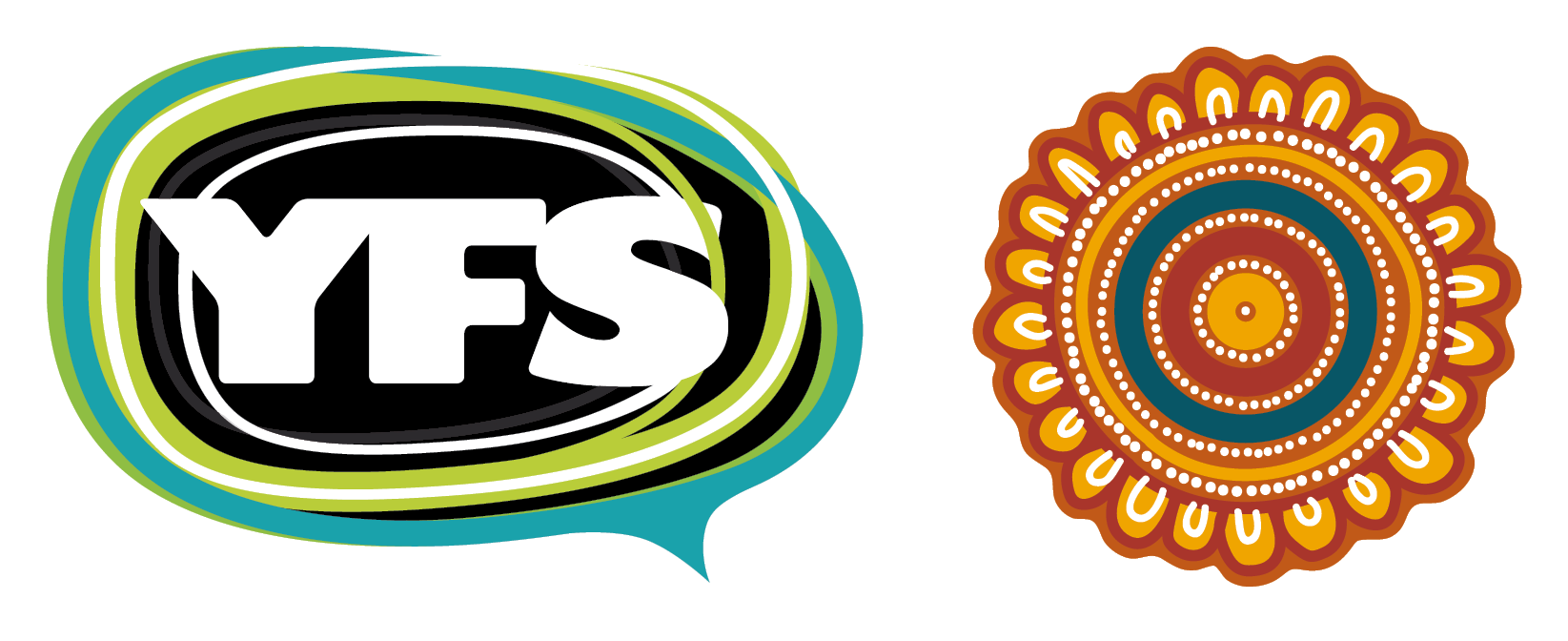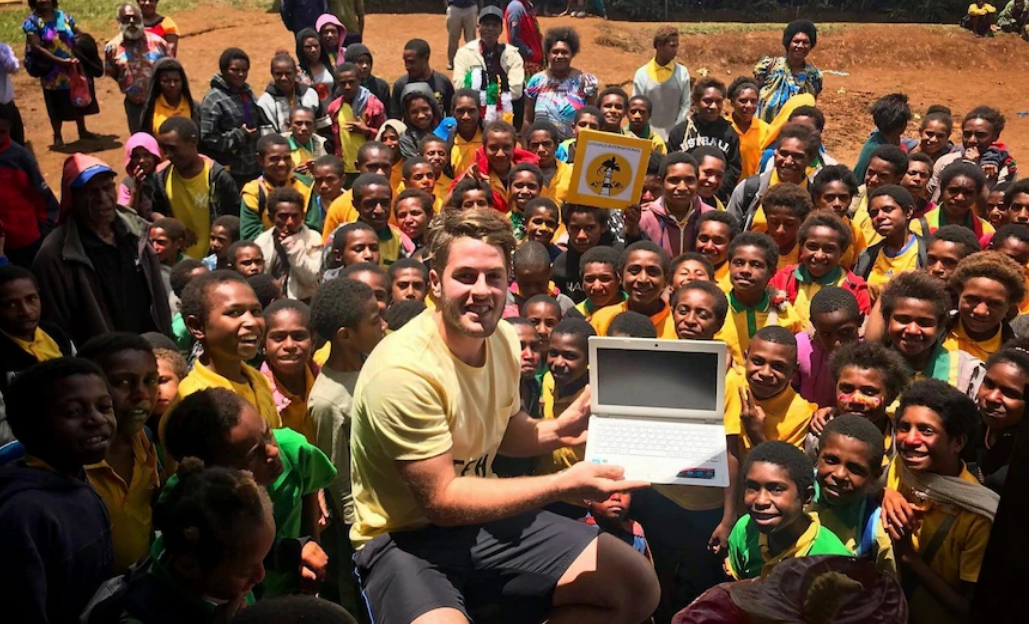By Jessica Stewart, ABC Reporter | Friday 19 March 2021
Some 18,000 students in Papua New Guinea are set to access e-learning for the first time after a Queensland organisation recycled 300 electronic devices out of discarded e-waste.
Townsville-based charity LiteHaus International has teamed up with e-waste recycling plant Substation 33, based in Logan, south of Brisbane, for the project.
The organisation has built 20 computer labs made from electronic trash for 20 Papua New Guinea (PNG) schools in the Western Highlands Province.
Now a shipment of 300 fully-recycled electronic devices is bound to PNG from Queensland.
LiteHaus International CEO and co-founder Jack Growden said many of the children involved were using a computer for the very first time.
“For most of these students, they’ve never seen a digital device in their life.” Mr Growden said.
“Those first 15 minutes when they actually get to touch a computer, learn how to use a keyboard, it’s incredible to watch and incredibly impactful for their future.
“In one of our computer labs, you’ll see a 50-inch LCD screen on the wall, you’ll see 15 professionally refurbished desktop computers and also a thing called a new net box … a new innovation which is a professional curated e-library experience.”
Mr Growden, who was named Queensland’s emerging philanthropist of the year in 2020, said he had the light bulb moment while travelling through PNG for his honours university research in 2017.
Giving tech a ‘second lease on life’
“I was in one school in particular and I realised that this school had everything I grew up with in Townsville but they didn’t have any technology,” Mr Growden said.
“I donated my own personal laptop and I came back with 12 more. Now we’ve been able to take it to the next level.
“We’re hoping eventually to make sure that every single student in Papua New Guinea across the 3,500 primary schools has access to digital learning tools at their fingertips.
“All of us have devices at home sitting on the shelf gathering dust; there’s an opportunity here to turn that device and give it a second lease on life.”
From there, Substation 33 comes in.
The social enterprise business based out of Kingston, south of Brisbane, collects and refurbishes electronic waste no longer needed by businesses, schools and families.
“It’s not about whole packages, because at Substation we cobble together things,” Substation 33 founder Tony Sharp said.
“It can be a screen from here, a mice, a tower from there, a keyboard and it all makes a system, eventually.”
‘It brings a light to our people’
The PNG shipment is one of Substation 33’s biggest projects to date that also stands to benefit Queensland locals.
“We help anyone that needs a computer in a tough time — we’ve delivered 2,000 computers into Logan as well,” Mr Sharp said.
“To think Substation started nine years ago, as a table of a few people pulling apart some electronic waste … yesterday we sent a 20-foot container going to Papua New Guinea.”
Besides just a few paid staff, everyone who works at Substation 33 are volunteers — from those living with a disability, to those struggling to find employment.
PNG’s High Commissioner to Australia, His Excellency John Kali CMG OBE, has a particular interest in the e-waste project.
“This is exciting because we’re dealing with young kids back home in Papua New Guinea and education is a priority of our government,” Commissioner Kali said.
“To bring something like that, it is going to give a new life and bring a smile to the kids, that’s what’s really important here.”
Mr Kali said parents were often more blown away than their children when witnessing their kids using computers for the first time.
“You’ve got to be there to see it, but it blows away the minds of the parents, to see their kids working with computers,” Mr Kali said.
“During a time when people are suffering with COVID-19, it brings light to our people — it’s wonderful.”


